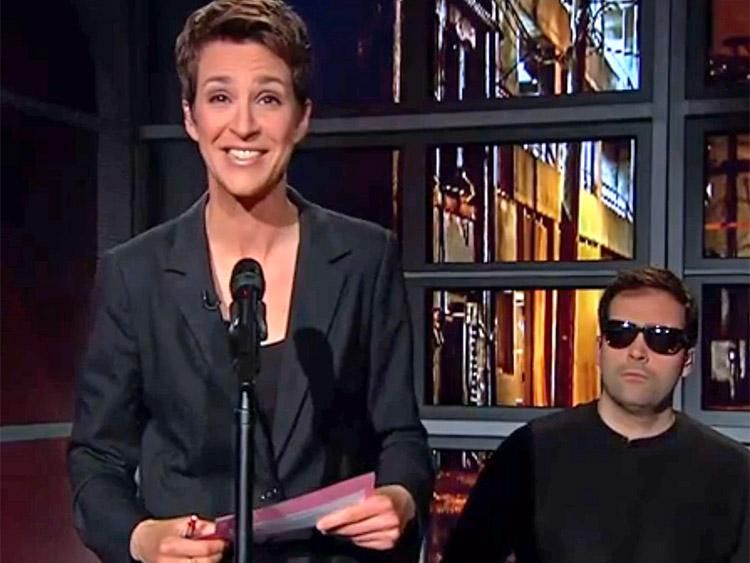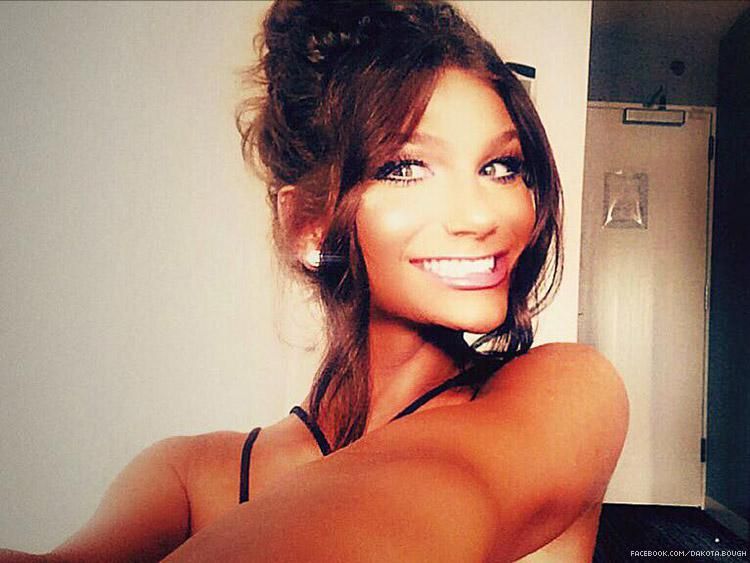The GLAAD Wrap: Ellen DeGeneres announces digital network, 'Dear White People' series at Netflix, and more!

Photo Credit:Facebook.com/EllenTV
Every week, The GLAAD Wrap brings you LGBT-related entertainment news highlights, fresh stuff to watch out for, and fun diversions to help you kick off the weekend.
1) Those People opens in select theaters in New York and Los Angeles today and will roll out to DVD and video on demand in June. The film follows Charlie, a young painter who finds himself falling for an older pianist, Tim, but he is still in love with his manipulative best friend who is currently in the midst of a financial scandal. Those People won the award for Best Narrative at NewFest and the Audience Award for Best First Feature at OutFest, check out the trailer below.
 2) Out actress/comedian Kate McKinnon has been cast in the upcoming comedy Rock That Body about five female friends who rent a home in Miami for a wild bachelorette weekend that ends up getting completely out of control. The script was acquired by Sony.
2) Out actress/comedian Kate McKinnon has been cast in the upcoming comedy Rock That Body about five female friends who rent a home in Miami for a wild bachelorette weekend that ends up getting completely out of control. The script was acquired by Sony.

4) Netflix has announced a new series based off the GLAAD Media Award-nominated film Dear White People from out writer/director Justin Simien. The 10-episode, 30-minute series will premiere in 2017 and, like the film, follow a group of black students at an Ivy League college as they navigate racial politics on a primarily white campus. Lionel, one of the central characters of the film, made GLAAD’s list of most intriguing LGBT characters in 2014.
5) In other TV news, FX has picked up a new anthology series from Ryan Murphy. Feud will feature a different celebrity feud each season with the first covering Bette Davis and Joan Crawford’s rift during the filming of the movie What Ever Happened to Baby Jane? Hulu’s The Mindy Project has been renewed for a fifth season. The CBS Diversity Institute currently has an open Directing Initiative that aims to help talented candidates attempting to break into network TV, applications will be accepted through May 30.
6) Out musician Tyler Glenn, best known as the lead singer of Neon Trees, has released his first solo track and music video. The single “Trash” is about his relationship to his faith and the Mormon Church. Glenn tells Rolling Stone a full solo album is forthcoming and that his solo career does not mean that the group is over. Check out “Trash” below, available on iTunes now.
7) Tegan and Sara have released the video for their new track “U-Turn,” the video is directed by Seth Bogart (formerly the lead of Hunx and His Punx). The track is off Tegan and Sara’s upcoming album Love You To Death, out June 3, which is available for pre-order now. The sisters also recently announced dates for their international tour, going on now.
8) The new film After Louie has launched a crowdfunding campaign to cover the costs of production. The film follows Sam (Alan Cumming), a middle-aged gay man in present day New York who was a member of the AIDS advocacy group ACT UP in the 80s and 90s, and his perception of what he believes to be the younger generation’s indifference towards AIDS and sex politics. Sam finds himself unexpectedly involved with Braeden, a younger man who “challenges Sam’s understanding of contemporary gay life.” Check out the video below for more on the project and visit the After Louie Kickstarter.






 As director Nicholas Stoller recently
As director Nicholas Stoller recently 


